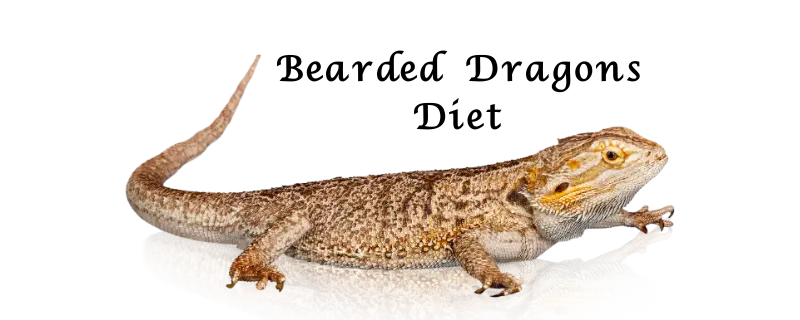Common Bearded Dragon Diseases and How to Treat Them
Bearded dragons are hardy and popular pet reptiles, but they can still suffer from various health issues if not properly cared for. Knowing about common bearded dragon diseases, their symptoms, and how to treat or prevent them can help keep your pet healthy and happy.
✅ Why It’s Important to Know Bearded Dragon Health Issues
Understanding common diseases helps you spot early warning signs, get timely veterinary care, and improve your dragon’s quality of life. Many health issues can be prevented with the right diet, habitat, and hygiene.
⚕️ Common Bearded Dragon Diseases
1. Metabolic Bone Disease (MBD)
What it is:
Metabolic Bone Disease is caused by calcium deficiency, poor diet, or lack of proper UVB lighting.
Symptoms:
- Swollen limbs or jaw
- Soft or deformed bones
- Lethargy and tremors
- Difficulty walking
Treatment:
- Provide proper UVB lighting (replace bulbs every 6-12 months).
- Feed calcium-rich foods and dust insects with calcium powder.
- Consult a reptile vet for calcium supplements and professional care.
2. Respiratory Infections
What it is:
Cold or damp conditions can lead to bacterial infections in the lungs.
Symptoms:
- Wheezing or clicking sounds
- Open-mouth breathing
- Mucus around the nose or mouth
- Lethargy and loss of appetite
Treatment:
- Raise the tank’s temperature to help the immune system fight infection.
- Ensure humidity levels stay within 30–40%.
- Visit a vet for antibiotics if needed.
3. Parasites
What it is:
Bearded dragons can get internal parasites like pinworms or external parasites like mites.
Symptoms:
- Runny stools or diarrhea
- Weight loss despite eating
- Visible mites on the skin
- Lethargy
Treatment:
- Get a fecal test from an exotic vet.
- Follow the vet’s deworming plan.
- Deep clean the enclosure regularly to prevent reinfestation.
4. Mouth Rot (Infectious Stomatitis)
What it is:
A bacterial infection inside the mouth caused by injury or poor hygiene.
Symptoms:
- Swollen or discolored gums
- Excessive saliva or pus
- Refusing to eat
Treatment:
- Consult a vet for antibiotic treatment.
- Improve tank cleanliness and ensure proper diet.
5. Impaction
What it is:
A blockage in the digestive tract, often caused by ingesting loose substrate or large food items.
Symptoms:
- Lack of bowel movements
- Swollen belly
- Lethargy and lack of appetite
Treatment:
- Give warm baths to help them pass stool.
- Massage the abdomen gently.
- Visit a vet if the blockage doesn’t clear within a day or two.
- Avoid loose substrates like sand — use reptile carpet or tile instead.
🩺 How to Prevent Bearded Dragon Diseases
Provide Proper Lighting and Heating
- Use high-quality UVB bulbs and change them regularly.
- Maintain proper basking temperatures (95–110°F) and cool side temps (75–85°F).
Feed a Balanced Diet
- Offer a variety of insects, vegetables, and occasional fruits.
- Dust food with calcium and multivitamin powder.
Keep the Enclosure Clean
- Spot clean daily and deep clean regularly.
- Remove uneaten food to prevent bacterial growth.
Regular Vet Checkups
- Schedule yearly health exams with a reptile vet.
- Get fecal tests done to detect parasites.
🐉 Final Thoughts
Being aware of common bearded dragon diseases and how to treat or prevent them is key to keeping your pet healthy and stress-free. A healthy bearded dragon can live 8–12 years or even longer with good care. If you ever notice unusual symptoms, don’t wait — contact a qualified reptile vet right away.
